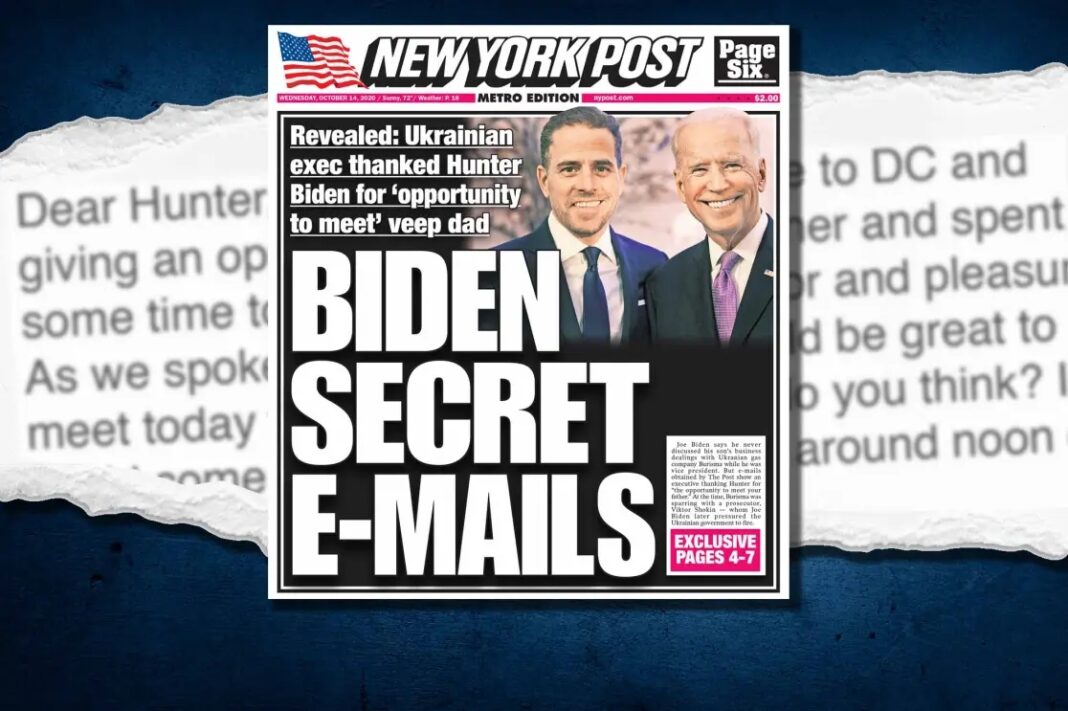Thirteen ways of looking at disinformation
PROLOGUE: THE INFORMATION WAR
In 1950, Sen. Joseph McCarthy claimed that he had proof of a communist spy ring operating inside the government. Overnight, the explosive accusations blew up in the national press, but the details kept changing. Initially, McCarthy said he had a list with the names of 205 communists in the State Department; the next day he revised it to 57. Since he kept the list a secret, the inconsistencies were beside the point. The point was the power of the accusation, which made McCarthy’s name synonymous with the politics of the era.
For more than half a century, McCarthyism stood as a defining chapter in the worldview of American liberals: a warning about the dangerous allure of blacklists, witch hunts, and demagogues.
Until 2017, that is, when another list of alleged Russian agents roiled the American press and political class. A new outfit called Hamilton 68 claimed to have discovered hundreds of Russian-affiliated accounts that had infiltrated Twitter to sow chaos and help Donald Trump win the election. Russia stood accused of hacking social media platforms, the new centers of power, and using them to covertly direct events inside the United States.
None of it was true. After reviewing Hamilton 68’s secret list, Twitter’s safety officer, Yoel Roth, privately admitted that his company was allowing “real people” to be “unilaterally labeled Russian stooges without evidence or recourse.”
The Hamilton 68 episode played out as a nearly shot-for-shot remake of the McCarthy affair, with one important difference: McCarthy faced some resistance from leading journalists as well as from the U.S. intelligence agencies and his fellow members of Congress. In our time, those same groups lined up to support the new secret lists and attack anyone who questioned them.
When proof emerged earlier this year that Hamilton 68 was a high-level hoax perpetrated against the American people, it was met with a great wall of silence in the national press. The disinterest was so profound, it suggested a matter of principle rather than convenience for the standard-bearers of American liberalism who had lost faith in the promise of freedom and embraced a new ideal.
In his last days in office, President Barack Obama made the decision to set the country on a new course. On Dec. 23, 2016, he signed into law the Countering Foreign Propaganda and Disinformation Act, which used the language of defending the homeland to launch an open-ended, offensive information war.
By Jacob Siegel
Read Full Article on Tabletmag.com (March 28, 2023)






